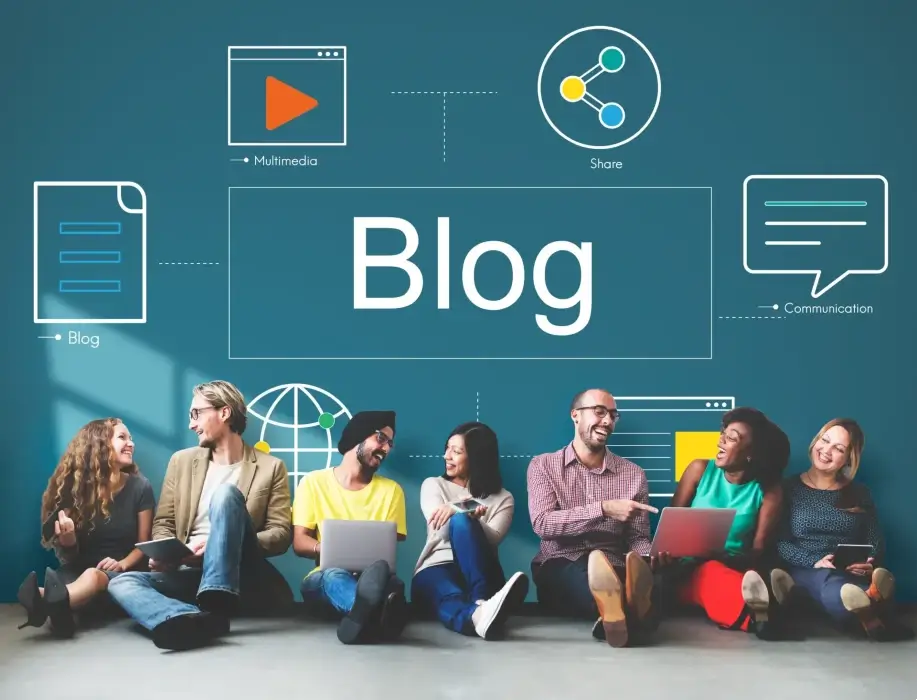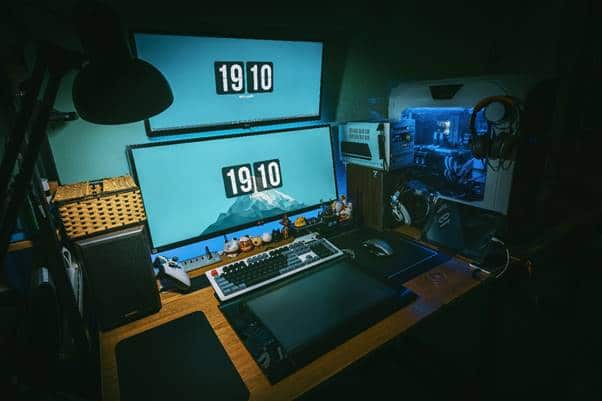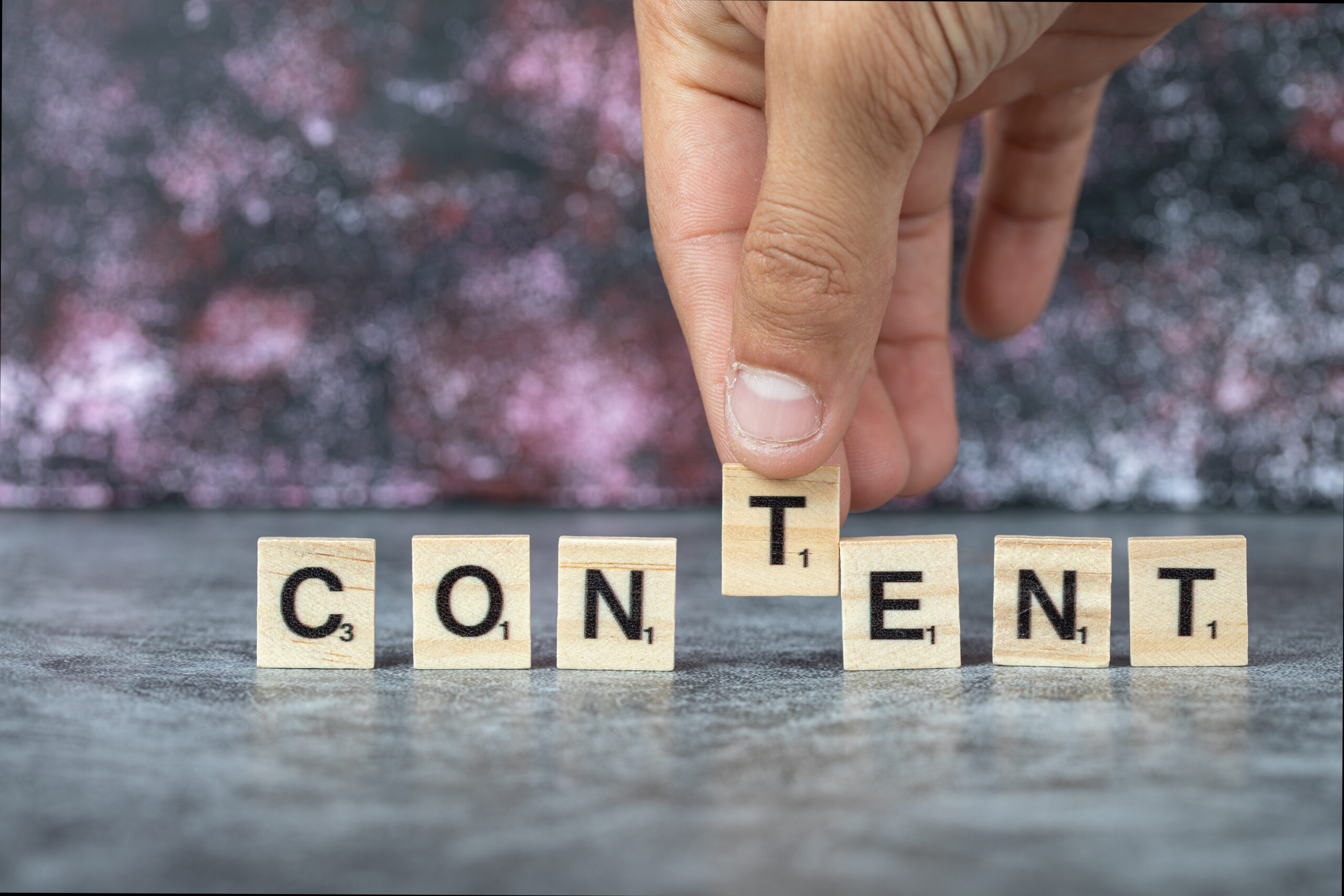Image Moderation: Deliver carefully curated images and visual elements across platforms
Billions of images populate the internet every hour, and a lot of those are user-generated. Image moderation is all about assessing graphic content to create risk profiles for inappropriate content like violence, pornographic images, extremism, etc., that may prove detrimental to the online community.

Benefits of Image Moderation




Items Moderated each day
Empowering your business with Individualized solution
While a few platforms are tackling the issues related to content moderation, others are still in the process of determining their starting point. In contrast, we have already successfully implemented it. Experience our AI content moderation at its finest with ContentAnalyzer.
With your dedicated account manager, as a single point of contact and accessible round the clock over the phone or messenger, you get a personalized support and swift communication literally in real time. We aim at seamless problem-solving, enhancing overall satisfaction on our service delivery and partnership effectiveness through continuous communication across multiple channels.
Applications and Capabilities
Image Moderation as a service, reviews and validates imagery that are posted in a platform.
Applications
- Social media platforms.
- Ecommerce platforms
- Mobile Apps and Interactive portals
- Stock Image providers
- Games and Blogs
Capabilities
- Real time Human Moderation
- Scalable solutions capable of handling large volumes
- 100 Percent availability since inception in 2010
Speak with our subject matter experts

The Working of Image Moderation
Image Moderation as a Service
Image moderators are experts in reviewing pictures, so they can easily identify the images which are not safe for users or suitable for the platform. For example, many social media users share inappropriate images on their pages, and some even post their pictures to publicly accessed websites.
While computers can spot all the defects in the images, humans can make the distinction even more apparent. They are also capable of detecting elements that may be harmful to a website’s user experience. Reliability, accuracy and improved further with the help of human moderators, where needed.
Related Services
Related UGC offerings from Foiwe
Case Studies and Reports
Short Videos
Human Intelligence
Our Trust & Safety...
What is Image Moderation?
Image moderation is the process of assessing, filtering and managing images , to ensure they adhere to specific guidelines, policies or standards. Image Moderation helps to remove the content that is offensive, illegal or against the platform’s terms of service.
Types of Image Moderation
Nudity Detection:
One of the most common types of image moderation is the detection of nudity or explicit content. Moderator check images for explicit body parts and flag or remove them according to the online platform guideline.
Violence and Gore Detection:
This type of image moderation, moderator identifies violent or gory images, preventing them from being shared on platforms that aim to maintain a non-violent environment.
Hate Speech and Offensive Content:
Image moderation can identify hate speech, offensive symbols and content that promotes discrimination, ensuring it doesn’t gain traction online.
Copyright and Trademark Violations:
In image moderation, moderator check for copyright and trademark violations, protecting intellectual property rights.
Drugs and Substance Abuse:
Images containing drug-related content can be flagged and removed to maintain a safe and responsible online space.
Spam and Scams:
Image moderation can help detect and filter out images associated with spam and scams. Also using image moderation moderator protect users from online fraudulent activities.
Brand Safety:
It ensures that brands’ advertisements don’t appear next to inappropriate or controversial content, safeguarding their reputation.
Why is Image Moderation Important?
User Safety:
Image moderation protects users, especially children and vulnerable individuals, from exposure to harmful and explicit content.
Compliance with Regulations:
Many countries have regulations in place that require online platforms to moderate and filter content. Image moderation also help to follow the rule of that country.
Brand Reputation:
For businesses and advertisers, image moderation is crucial to protect their brand reputation by ensuring their ads don’t appear alongside offensive or inappropriate content.
Community Guidelines:
It helps maintain and enforce community guidelines on social media platforms and websites, fostering a respectful online environment.
Content Quality:
Image Moderation ensures that platforms maintain a high standard of content quality, making them more attractive to users and advertisers.
Challenges in Image Moderation
While image moderation is essential, it is not without challenges. Some of these challenges include:
False Positives and Negatives:
Overly strict algorithms can result in false positives, flagging innocent content, while overly lenient ones may miss offensive material.
Evolving Content:
As content creators find new ways to evade moderation, systems must continually adapt to emerging trends and techniques.
Scalability:
For platforms with massive user bases, moderating images at scale can be a significant technical challenge.
What is Moderation in Media?
Here are some key aspects of moderation in media:
1.Content Screening:
Moderators review and assess user-generated content, such as text, images, videos and comments, to determine whether it violates platform-specific rules or standards. This may include identifying and removing content that is offensive, illegal, spammy or otherwise inappropriate.
2.User Behavior Monitoring:
Moderation extends beyond just content and may involve monitoring user behavior for violations. This can include identifying and taking action against users who engage in harassment, hate speech or other disruptive behaviors.
3.Enforcement of Policies:
Moderators enforce community guidelines, terms of service, and content policies set by the media platform. They may issue warnings, temporary suspensions, or permanent bans to users who repeatedly violate these policies.
4.Filtering and Blocking:
Automated tools and algorithms, in conjunction with human moderators, may be used to filter out or block certain keywords, phrases or types of content that are commonly associated with violations.
5.Reporting Mechanisms:
Media platforms often provide users with the ability to report content or users that they find objectionable. Moderators review these reports and take appropriate actions.
6.Legal Compliance:
In some cases, media moderation is necessary to ensure that content adheres to legal requirements, such as copyright laws, defamation laws or regulations related to hate speech and discrimination.
7.Protecting Minors:
On platforms frequented by minors, moderation may be particularly focused on preventing the dissemination of harmful or age-inappropriate content.
8.User Engagement:
Moderation can also play a role in fostering positive user engagement and community building by encouraging respectful and constructive interactions.
9.Crisis Management:
In the event of a crisis or emergency, moderators may be responsible for disseminating accurate information, preventing the spread of misinformation and managing communication channels effectively.
10.Content Curation:
Some media platforms employ content curators or editors who select and feature content to ensure it aligns with the platform’s objectives or editorial standards.

Blog Articles
For important updates, news, and resources.
















